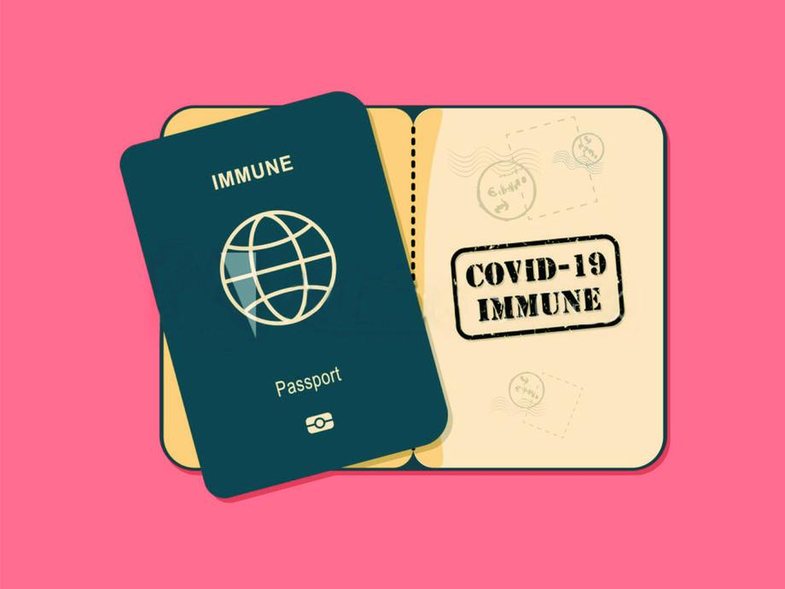
European Union leaders will discuss the issue of Covid vaccination certificates today.
Reuters reports that with the spread of vaccines, some governments, such as those of Greece and Spain, are pushing for a speedy approval of a certificate across the European Union proving that someone has received vaccine doses, an effort that aims to people travel again.
However, other countries, such as France and Germany, seem to strongly disagree with such a decision, as officials say it could make vaccination mandatory and would be discriminatory for those who cannot or will not. want to be vaccinated.
France, where the approach against vaccines is particularly pronounced and where the government has pledged not to make them mandatory, considers the idea of ??vaccine passports "premature", a French official said.
One of the most controversial recent questions about the Covid-19 pandemic is whether a QR code can open up the world, meaning it can free up international travel and movement of people. Earlier this month, the Paris-based international news agency Agence France-Presse reported that global efforts to develop digital vaccine passports were taking place in Estonia.
Efforts so far have focused on the QR code - a machine-readable code consisting of a string of black and white squares commonly used to store URLs. Estonia is collaborating with the World Health Organization on a pilot project to see how electronic vaccine certificates that will be recognized globally can work.
The WHO does not currently recommend travel vaccination passports as it does not see them as sufficient guarantees of protection against transmission. However, digital vaccine certifications are a new perspective, especially for businesses affected by the pandemic, such as airlines.
On the other hand, experts are raising questions about privacy and human rights.
Recommended article: Can a QR code open the world?







